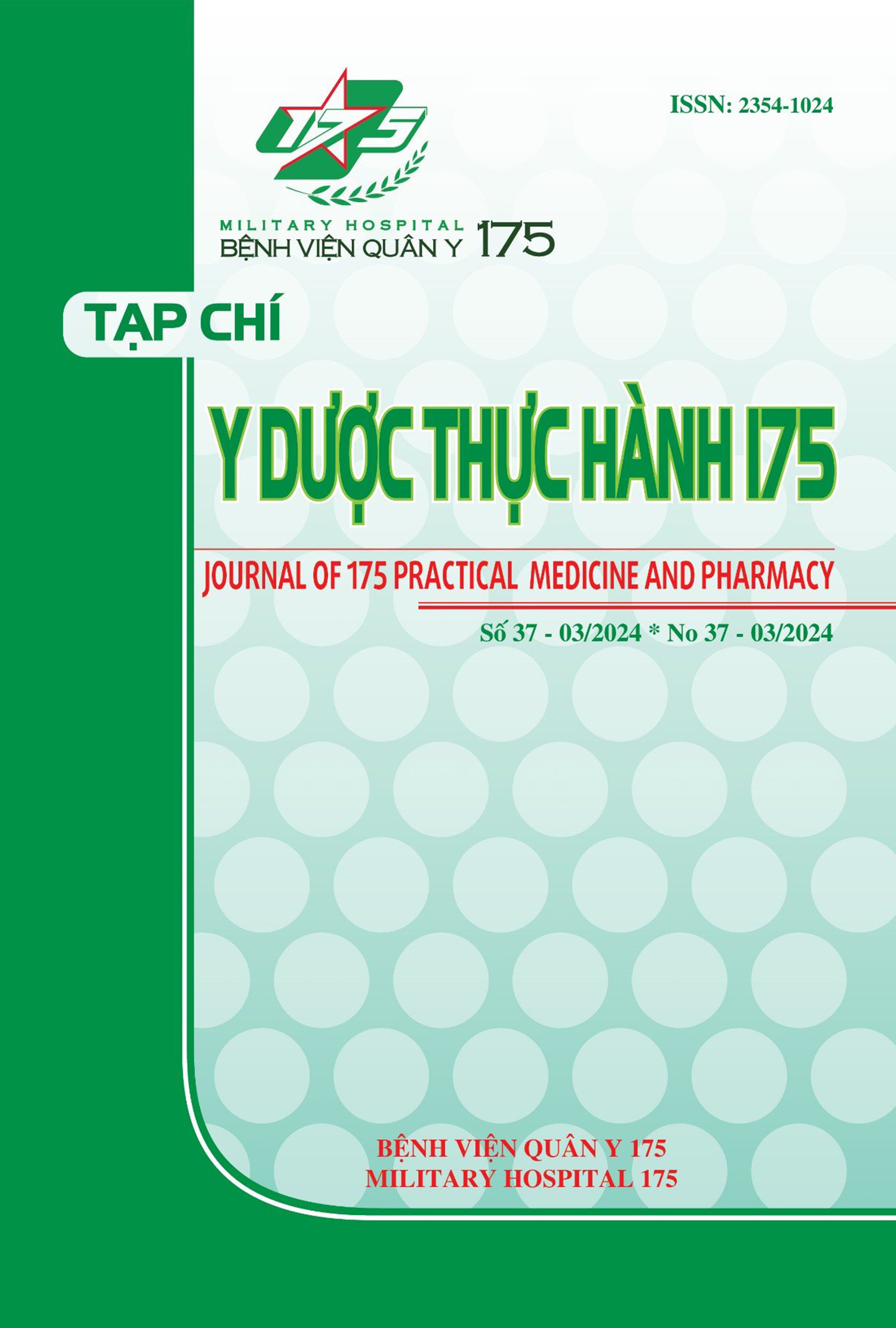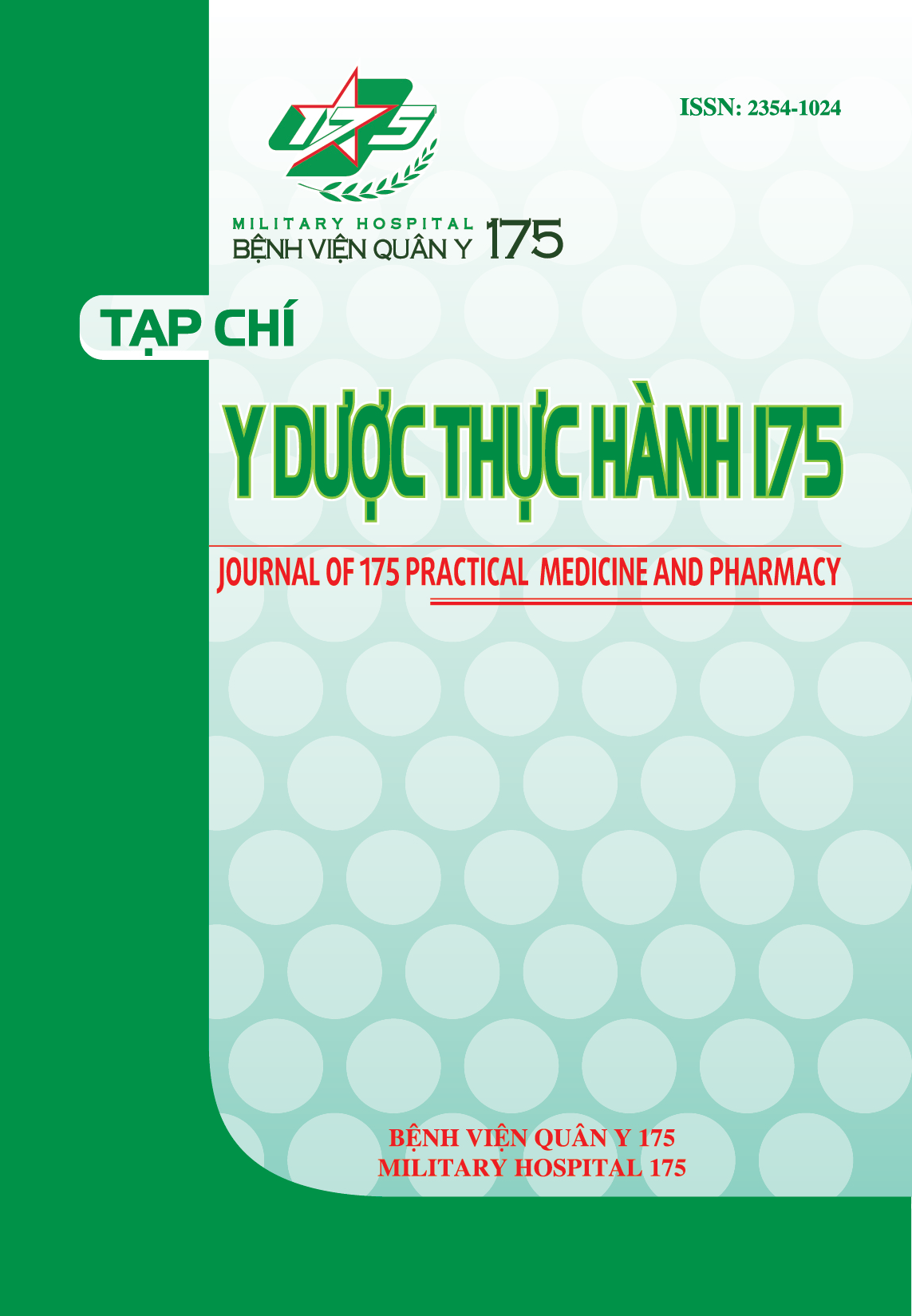ASSESSMENT OF POSTOPERATIVE COGNITIVE DYSFUNTION IN THE ELDERLY AFTER SPINAL ANESTHESIA FOR HIP AND KNEE JOINT ARTHROPLASTY
Authors
DOI: https://doi.org/10.59354/ydth175.2024.241Keywords:
Postoperative cognitive dysfunction, elderly peopleReferences
Moller J, Cluitmans P, Rasmussen L, et al. Long-term postoperative cognitive dysfunction in the elderly: ISPOCD1 study. The Lancet. 1998;351(9106):857-861.
Deo H, West G, Butcher C, et al. The prevalence of cognitive dysfunction after conventional and computer-assisted total knee replacement. Knee. Mar 2011;18(2):117-20.
Ehsani R, Djalali MS, Zaman B, et al. Effect of General Versus Spinal Anesthesia on Postoperative Delirium and Early Cognitive Dysfunction in Elderly Patients. Anesth Pain Med. Aug 2020;10(4):e101815.
Zhu SH, Ji MH, Gao DP, et al. Association between perioperative blood transfusion and early postoperative cognitive dysfunction in aged patients following total hip replacement surgery. Ups J Med Sci. Aug 2014;119(3):262-7.
Gao B, Zhu B, Wu C. Preoperative Serum 25-Hydroxyvitamin D Level, a Risk Factor for Postoperative Cognitive Dysfunction in Elderly Subjects Undergoing Total Joint Arthroplasty. Am J Med Sci. Jan 2019;357(1):37-42.
Zhang H, Zheng J, Wang R, et al. Serum Phosphorylated Neurofilament Heavy Subunit-H, a Potential Predictive Biomarker for Postoperative Cognitive Dysfunction in Elderly Subjects Undergoing Hip Joint Arthroplasty. J Arthroplasty. Aug 2019;34(8):1602-1605.
Li WX, Luo RY, Chen C, et al. Effects of propofol, dexmedetomidine, and midazolam on postoperative cognitive dysfunction in elderly patients: a randomized controlled preliminary trial. Chin Med J (Engl). Feb 2019;132(4):437-445.
Paul P-AvK. Procedure-specific acute pain trajectory after elective total hip arthroplasty: systematic review and data synthesis. British Journal of Anaesthesia. 2021;127(1):110 - 132.
Downloads
PDF Downloaded: 26










